These are not only technical requirements of an election, but also spiritual standards, social values and cultural behaviors that need to be created and nurtured so that the Party's mind is in harmony with the people's heart, so that votes become the energy to promote the aspiration to develop a strong and prosperous Vietnam in the new term.
Democratic culture - from rights to responsibilities
In his speech, General Secretary To Lam emphasized a truth that has become the foundation of our regime: “All power belongs to the people; our State is of the people, by the people and for the people .” But what is more noteworthy is the cultural spirit hidden behind that saying - democratic culture, culture of trust, of responsibility and of the aspiration to build the country’s future with one’s own vote.
The ballot, as the General Secretary called it, is “a vivid symbol of trust, of the strength of national unity, of the sense of responsibility, and the will to master the country of our people.” It is not only a legal instrument, a constitutional right, but first and foremost a cultural act. A nation is only truly strong when democratic culture permeates every citizen, so that they understand that the ballot is not only a choice of representative but also a choice of development path for themselves, their family and their country.

For many years, we have become accustomed to the image of election day as a “festival for all people”. But as the General Secretary instructed, the important task now is to make that festival not only brilliant in form, but also profound in consciousness. “It is not just voting for the sake of it” - a simple saying but expressing a great cultural requirement: shifting from passive participation to active participation; from formality to serious consideration; from personal interests to community responsibility.
The democratic culture that the General Secretary mentioned does not only appear at the polling station, but must be nurtured long before that. It is the process of raising people's legal knowledge, forums for contacting voters, two-way dialogues between the government and the people, and the spread of values of open, transparent, and civilized discussion. When people understand the election law, their rights and obligations, they will turn voting into a conscious choice, not a habit or formal responsibility.
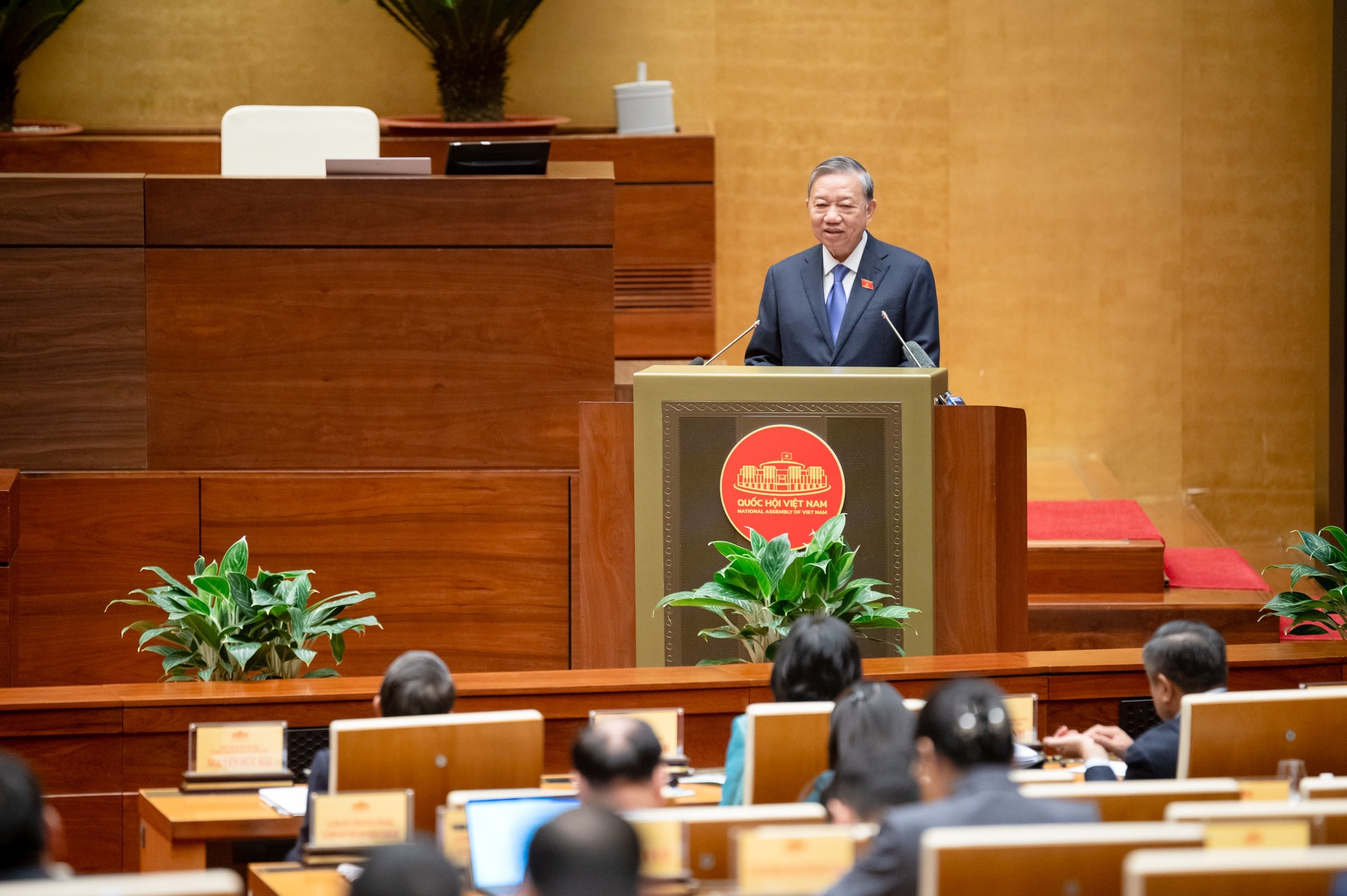
In the context of strong digital transformation, the General Secretary also emphasized the need to “promote the application of information technology… to ensure safety, network security and information confidentiality” . This shows that today’s democratic culture is the culture of the digital age: handling information responsibly, being cautious about fake news and distorted arguments, knowing how to use cyberspace as a channel to participate in political life but must be based on truth and law.
What is more important is that democratic culture cannot be measured only by voter turnout, but must be evaluated by the quality of participation: do people understand the candidates? Do they follow the candidates' action programs? Do they truly see their vote as a commitment to the future? When democratic culture is nurtured, the vote will carry the weight of intelligence, of faith, of the aspiration to rise of each Vietnamese citizen.
As the General Secretary affirmed, the success of the 16th term election “will continue the country’s democratic source”, and that source can only be truly sustainable when it begins with the cultural maturity of each citizen. Democratic culture is the soft power of a modern rule-of-law state - where power is not only given by the People, but also preserved, monitored and nurtured by the People’s culture.
Representative culture - great national unity
General Secretary To Lam sees the representative structure not only as an organizational problem, but also as a cultural value - a culture of diversity, respect, and solidarity in differences. When the General Secretary asserts that the National Assembly and People's Councils at all levels must be "a vivid face of the great national unity bloc", it is not just a requirement of proportion, structure, or occupational distribution. It is a cultural approach to politics: the realization that national unity can only be formed by listening to, respecting, and fully representing different voices in society.
Representative culture is clearly shown in the specific request of the General Secretary: ensuring harmony between young delegates, female delegates, ethnic minority delegates, intellectual delegates, workers, farmers, businessmen, artists, religious dignitaries, etc. It is a reminder that the development of the country does not belong to one group or one class, but is the result of the joint efforts of all social components. It is this diversity that creates vitality, creativity and sustainability of the political system.

But representative culture cannot be measured by numbers alone; it must be demonstrated by the way we dialogue. When the General Secretary emphasized that consultative conferences must be conducted “democratically, objectively, publicly, and transparently”, he was affirming that social consensus cannot exist without dialogue – a dialogue that is sincere, equal, and not dominated by vested interests or invisible obstacles.
In that spirit, the consultation process is not only a procedural process but also a cultural space where people can speak their minds, where their concerns, expectations and worries are listened to and reflected in the State's power structure. "Promoting the people's mastery throughout the election process", as the General Secretary emphasized, is the foundation of a mature political culture that respects the participation and intelligence of the people.
That culture of dialogue is also reflected in the way citizens’ complaints and denunciations related to the election are handled. The General Secretary has frankly pointed out that there are currently about 210 pending complaints and petitions and requested that they be “completely resolved in December”, not to drag on, not to let resentment build up among the people. This is not just administrative handling, it is a culture of the rule of law, where the State truly values the people’s right to petition, patiently listens, patiently resolves, and patiently seeks common ground.
More broadly, a culture of representation and a culture of dialogue are the conditions for fostering trust. Trust comes not just from words, but from the ability of the political system to accurately reflect the expectations, values and needs of the people.
And as the General Secretary affirmed, the result of an election is not just a list of elected candidates, but the consolidation of “the strength of great national unity”, the continuation of bringing the Party and State closer to the People, and a cultural evolution in the Vietnamese political system. Representative culture and dialogue culture are therefore both the method and the goal of building a socialist rule-of-law State in the new era.
Public service culture - discipline, integrity and spirit of service
If democratic culture is the foundation, representative culture is the face, then public service culture is the soul of the state apparatus. At the Conference, General Secretary To Lam spent a lot of time emphasizing the behavioral standards of the cadre team - those who directly realize the people's power and shoulder the responsibility of protecting the national interests. There, public service culture is not an abstract concept, but a clear system of values: discipline, integrity, responsibility and daring to act for the common good.

The General Secretary requested to resolutely eliminate from the beginning “political opportunists, power-hungry, conservative, factional, local, low-prestige, and unethical people”. These phrases are not only a warning about personnel risks, but also an emphasis on a cultural norm: not accepting corruption in power, not compromising with group interests, and not tolerating behaviors that go against the people's beliefs.
On the contrary, the team of delegates must be selected from those who are “truly exemplary in quality and capacity”, have political courage, have vision, have innovative thinking, dare to think - dare to do - dare to take responsibility. That is the model of public service culture in the new era: the cadre must not only be good at expertise but also have personality, not only know how to manage but also know how to lead, arouse aspirations, and create trust for the people. As the teaching of President Ho Chi Minh was reiterated by the General Secretary: People's representatives must “forget their own interests for the benefit of the country, forget their own interests for the common good”.
This is the core of public service culture: putting the common interest above personal interest, putting the nation above local calculations; always maintaining the purity of public service ethics, considering honor, prestige, and the trust of the people as the highest measure of success. A modern administration can only be effective when public service culture becomes an internal strength, not just relying on external administrative rules or orders.
In more depth, the General Secretary also emphasized the need for smooth coordination between agencies in the political system, strongly applying information technology but must "ensure safety, network security and data confidentiality". That is also a manifestation of organizational culture: working scientifically, transparently, and responsibly with each data, each process, and each person. This public service culture requires professional style, working thoroughly, "no formality, doing real work, clearly assigning people, clearly assigning tasks, clearly assigning time", as the General Secretary directed.
All of that shows that the General Secretary is setting a new standard of public service culture for the 2026 - 2031 term, a "key stage to realize two 100-year strategic goals". Public service culture is not only the ethics of officials, but also the driving force for the state apparatus to operate effectively, the foundation for the Party's mind to be in harmony with the people's heart, so that the country can enter a new development cycle in the digital age, with the aspiration to build a "strong, prosperous, prosperous Vietnam, with free, warm and happy people".
And when democratic culture, representative culture and public service culture are connected into a whole, we will have an election that is not only successful in terms of process, but also successful in terms of value - where each vote is a cultural act, each delegate is a cultural standard and each decision is an expression of Vietnamese political culture in the new era.
Source: https://daibieunhandan.vn/ba-van-de-van-hoa-cot-loi-ve-cong-tac-bau-cu-nam-2026-10395870.html



![[Photo] General Secretary To Lam receives Vice President of Luxshare-ICT Group (China)](https://vphoto.vietnam.vn/thumb/1200x675/vietnam/resource/IMAGE/2025/11/15/1763211137119_a1-bnd-7809-8939-jpg.webp)

![[Photo] Prime Minister Pham Minh Chinh meets with representatives of outstanding teachers](https://vphoto.vietnam.vn/thumb/1200x675/vietnam/resource/IMAGE/2025/11/15/1763215934276_dsc-0578-jpg.webp)




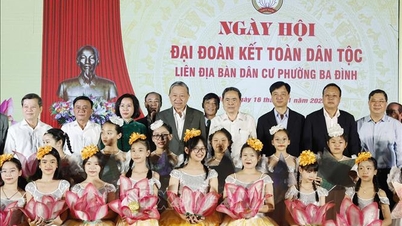



![[Photo] General Secretary To Lam receives Governor of Kanagawa Province (Japan) Kuroiwa Yuji](https://vphoto.vietnam.vn/thumb/402x226/vietnam/resource/IMAGE/2025/11/15/1763204231089_a1-bnd-7718-5559-jpg.webp)

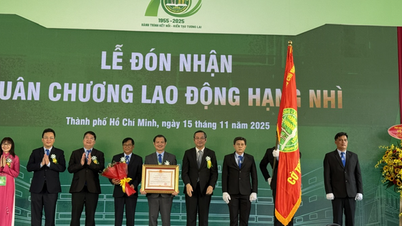

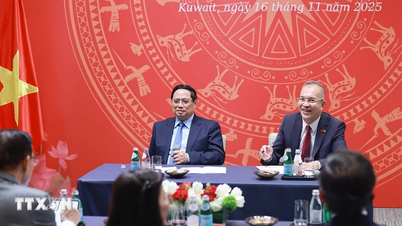

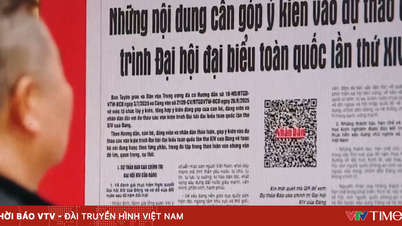

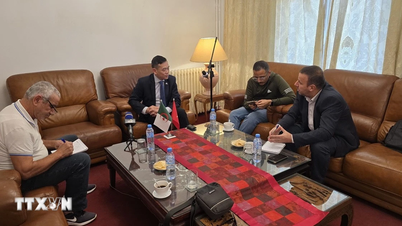
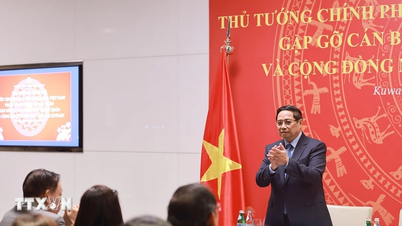
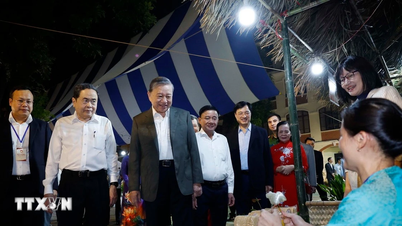




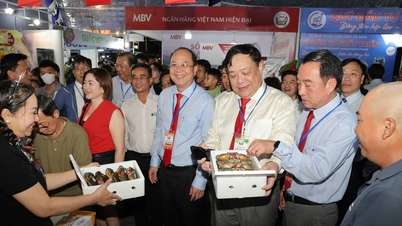
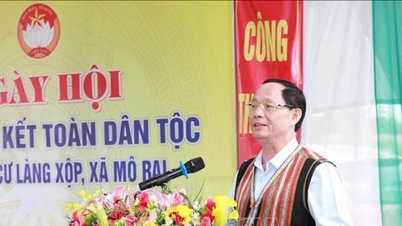
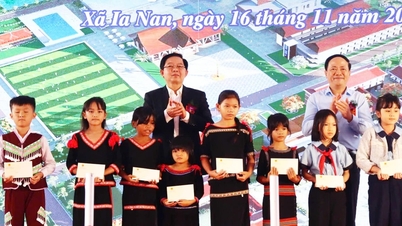

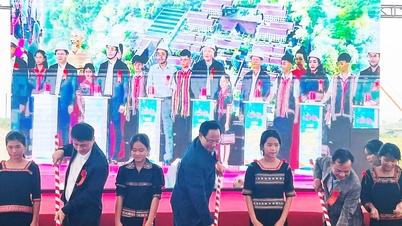
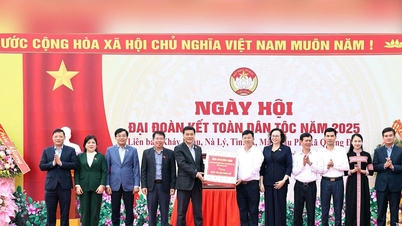








































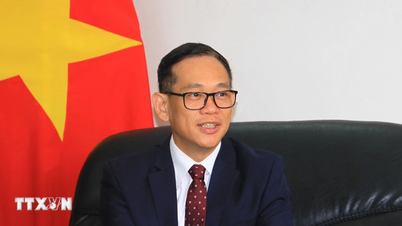



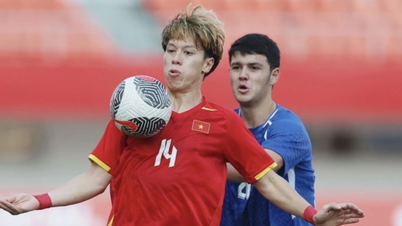







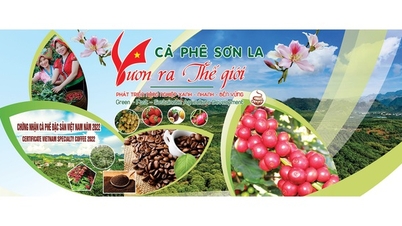
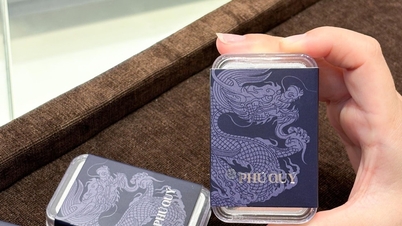




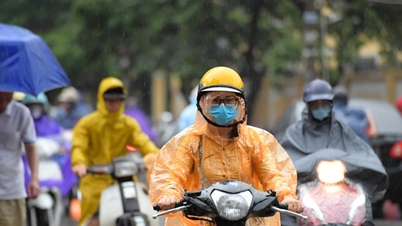














Comment (0)